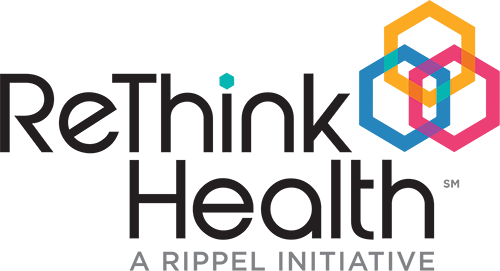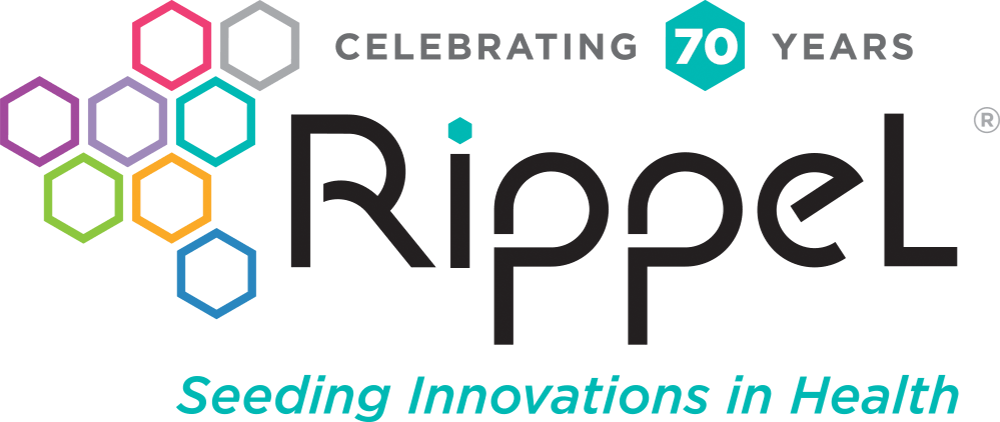The Stew BLOG
Could Monopoly Money Produce Better Results in Population Health?
Happy Thanksgiving from all of us at ReThink Health! This is a special holiday edition of our “Finance Friday” blog series.
I have always loved the board game Monopoly™. Picking out my token (the dog and the iron are clearly the best options), and the sense of possibility as you line them up on GO. Amassing properties and hotels. Collecting $200 every time you pass GO. (I have vivid memories from my childhood of obsessively counting and sorting my money by color and denomination with each turn of the board.)
In my everyday life, I am not an entrepreneur, but in a board game, I feel free to take risks—and enjoy doing so—because it’s not real money. It’s Monopoly™ money, a fake currency. And a recent New York Times article detailing the experience of a national nonprofit shows that fake, or specialized currency, has applications outside of the world of Hasbro’s board games—and it raises some interesting questions about applicability in other areas, like population health.
Feeding America is a national nonprofit that collects over 200 million pounds of donated food each year and distributes it to a network of local food banks throughout the country. Until 2005, Feeding America distributed the food by, essentially, taking turns: new shipments, which were often large quantities of a single product donated by a manufacturer, went to the local food bank that had been waiting the longest. As a result, shipments would end up in areas where they couldn’t be fully utilized.
For example, a food bank director in Idaho said he would be offered potatoes, even though he had plenty of them. Another food bank worker in Alaska said she remembers getting a call telling her (good news!) she was receiving a shipment of peanut butter. But (bad news!) she had to arrange transport from Louisiana. While fairness was the intent, the outcomes were inefficient and problematic.
What Feeding America did, in partnership with a team of economists at the University of Chicago, was create a point system that operated sort of like Monopoly™ money. Each local food bank was allotted points, which they used to bid on shipments of donated food. More points were given to food banks with greater need. The food bank that bid the most points was awarded the shipment.
The results of this system have been astonishing. Not only are food banks able to avoid shipments of food they don’t need, but they can also focus in on items they do need—they just have to be willing to “pay” more for them. Furthermore, donations to Feeding America increased 50 million pounds in the seven months following implementation of the point system. Likely due, in part, to the ability to distribute donations more efficiently.
I find this whole story an incredible example of creative, innovative thinking—something that’s required of anyone trying to sustainably finance their operations! First off, somewhere along the way, someone involved with Feeding America looked at their challenges and said, “Hey, why don’t we go ask a bunch of economists for their take on this?” That’s a pretty wild suggestion. (Think about how you’d react if someone proposed that in your work!)
Second, they essentially handed out Monopoly™ money to the local food banks to address the challenges in their system, and it not only worked, but they were able to expand their capacity to distribute donated food!
Imagine how this kind of thinking could be applied to population health. Think about the places in the health system where goods or services are being “purchased” (or even just provided) with inefficient or problematic results. What if an alternative currency system was designed to address those challenges? For example, imagine an alternative currency was used to incent certain behaviors in patients or providers. What if communities trying to address health disparities used an alternative currency to “purchase” preventive services?
What possibilities do you see?
Please comment below or contact the author: [email protected]

